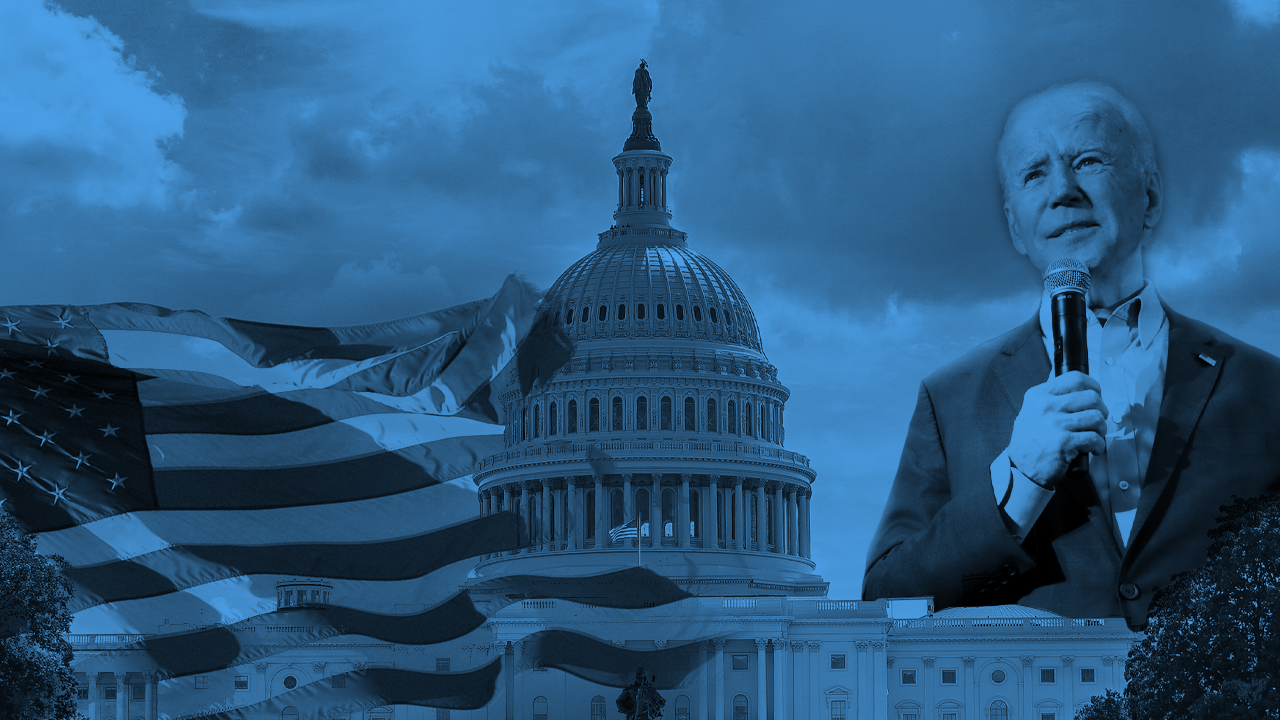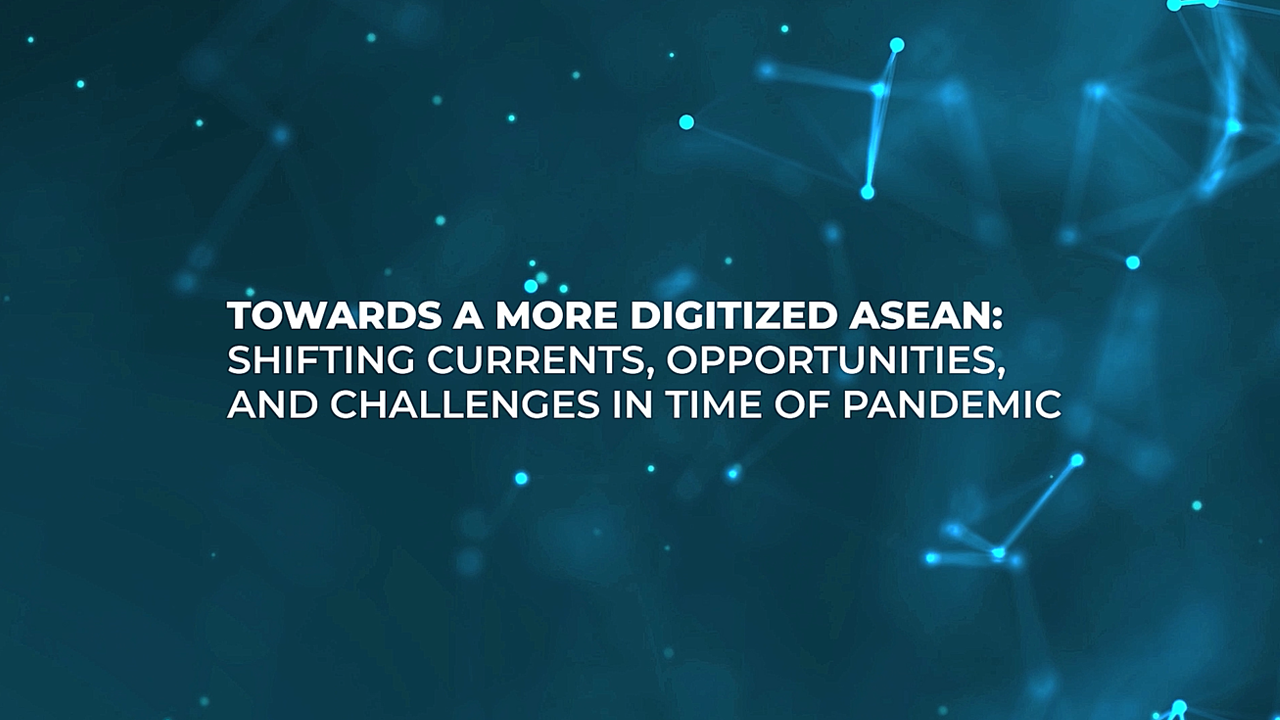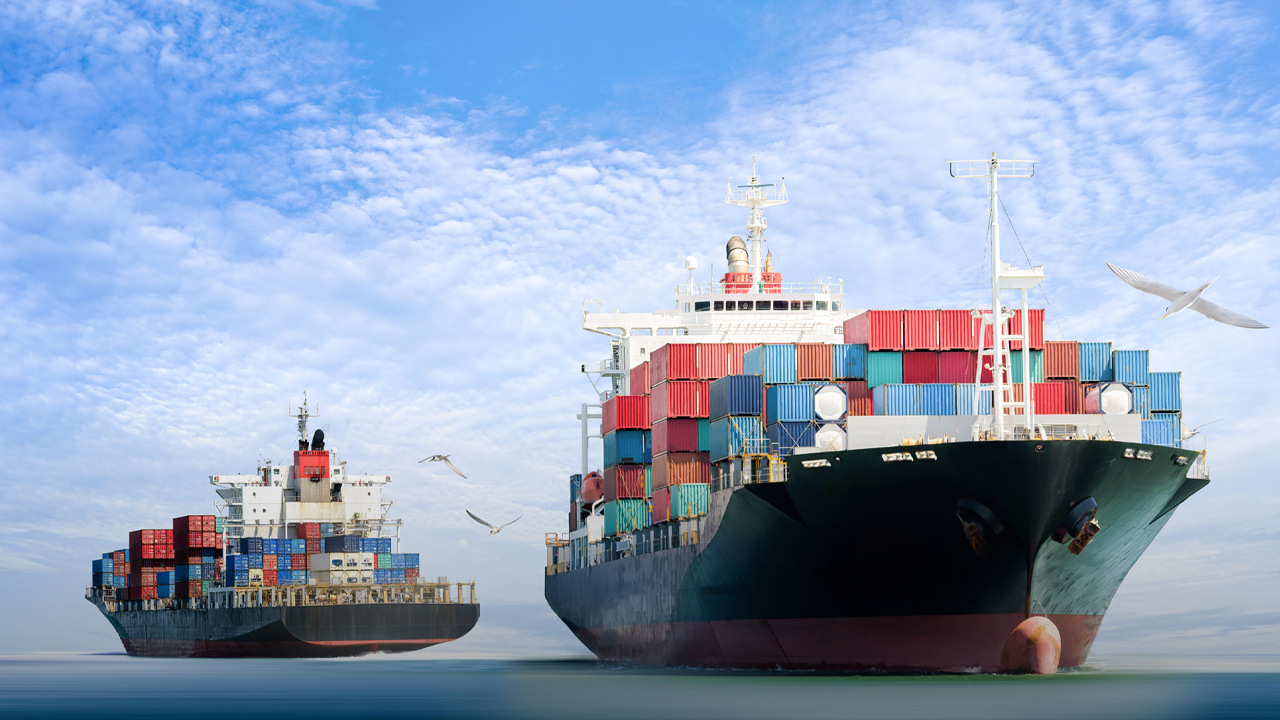2020 might be one of the most challenging years in decades. As the world was not only struggling with the COVID-19 pandemic, but also the rising bigotry, hate speech, and extremism. From suicide bombing in Quetta, Pakistan, the burning of Qur’an by far-right activists in Sweden, the Islamist terrorist stabbings in Nice, France to the recent mass shooting in Vienna, Austria, and another mass killing in the village of Koshebe, Nigeria, we have not seen any progress in the fight against hate speech, bigotry, terrorism, and extremism. In spite of that, international collective efforts have also been conducted by various actors and institutions in hope for a better future of inter-religious harmony. This year, another chance at improving what we have left last year will proceed.
Continue readingFPCI Virtual Public Lecture on Key Foreign Policy Issues That Await the Biden Administration with Ambassador Robert Blake
The year 2020 marked an all-time low for the so-called leader of the free world. Extenuating domestic situation due to poor management of the pandemic coupled with social unrest has earned America the title of “the sick man of democracies,” so lamented by American professor John Delury.
Continue readingFPCI Year-End Statement on Indonesia and the World: Goodbye 2020! 7 Big Things Indonesia Must Get Ready for in 2021
2020 was the year no one could have imagined or predicted in 2019. The COVID-19 has indeed disrupted, influenced and even altered many aspects of human lives. Nevertheless we belive 2021 is going to be a better year. What can we learn from 2020? How should Indonesia prepare for in 2021?
Continue readingFPCI-Huawei Virtual Public Forum “Towards A More Digitized ASEAN: Shifting Currents, Opportunities, and Challenges in Time of Pandemic”
COVID-19 has reinforced the strategic role of Information and Communications Technology (ICT) in navigating regional resilience in a time of crisis. The pandemic demonstrated the use of technology in practice to keep business, governments, and societies running. However, every country has a different capacity in utilizing ICT to respond to COVID-19. How does ASEAN address this ‘digital gap’? How does the Master Plan of ASEAN Connectivity 2025 help in strengthening digital connectivity in the region? How has COVID-19 shifted the digital landscape in Southeast Asia thus far? What are the key challenges in transforming towards a more digitized community?
Continue readingRCEP: What’s Inside the Agreement and Will It Change the Region’s Economic Future?
After almost a decade in the making, the world’s largest free-trade bloc has finally been finalized in the direst of times. As the world faces an economic recession, RCEP delivers new hopes for its signatories to rebuild better, and most importantly, bounce back stronger in overcoming the threats posed by the pandemic. Bringing together major players of Southeast Asia, Asia Pacific, and Oceania, the signing of this historic pact indicates that countries are searching for hope in surviving the pandemic through multilateralism.
Continue readingFPCI – Global Town Hall 2020 – Rebuilding From The COVID-19 World
Global Town Hall is a 15-hour marathon discussion where world leaders and high-level experts will discuss on the theme, “Rebuilding from the COVID-19 World.” The conference will discuss the state of the world beset by the COVID-19 crisis, evaluate policy challenges and lessons learned, and gather ideas for future direction, especially in terms of how to rebuild the world economically, socially, environmentally, diplomatically and even geopolitically. Global Town Hall is organized by a consortium of 12 reputable think-tanks from around the world and will be watched by a global audience.
Continue readingASEAN-China Survey 2020 Report
In welcoming the 30th anniversary of the ASEAN-China relations next year, FPCI Research & Analysis department conducted a public survey about the ASEAN-China relationship from June until October 2020. The survey is titled “ASEAN-China Survey 2020: Assessing the Present and Envisioning the Future of ASEAN-China Relations.” The survey involved 1000 respondents from 10 ASEAN Member States and coming from five segments of the general public: government officials, academia, business community, civil society, and students.
Continue readingIndonesia-Australia Campus-To-Campus Virtual Outreach: The Power of Youth in Reshaping Our Post-Pandemic Society
FPCI Virtual Public Forum on Assessing the Present and Envisioning the Future of ASEAN-China Relations
FPCI Virtual Public Forum on Assessing the Present and Envisioning the Future of ASEAN-China Relations
On Friday, 4 September 2020, Foreign Policy Community of Indonesia (FPCI) convened a virtual public forum on “Assessing the Present and Envisioning the Future of ASEAN-China Relations.” This public forum served as a form of ‘community briefing’ for ASEAN nationals on the preliminary findings of FPCI’s ASEAN-China Survey 2020. The forum was begin with an opening remarks from Dr. Dino Patti Djalal, Founder of FPCI.
The discussion was moderated by Dr. Shofwan Al Banna, Head of Undergraduate Programme of International Relations Department at the University of Indonesia, who is also the Senior Advisor of ASEAN-China Survey 2020 featuring the following panelists:
1) Dr. Kin Phea, Director General, International Relations Institute of Cambodia (IRIC)
2) Dr. Jayant Menon, Visiting Senior Fellow, ISEAS – Yusof Ishak Institute, Singapore
3) Dr. Ha Anh Tuan, Executive Director, Foundation for East Sea (SCS) Studies, Diplomatic Academy of Vietnam (DAV)
The panel highlighted achievements that ASEAN and China have reached together and delivered substantive insights into identified challenges, gaps to be addressed, and opportunities to seize, based on the perspectives of the region’s grassroots community.
FPCI Virtual Public Discussion on US Update: America at the Crossroad 2020
In less than three months away, Americans will decide who their next president will be. With so much at stake, this year’s election will map out the country’s stance on democracy, liberal international order, and most importantly, determine the recovery of a nation that has been stricken with economic, public health, and social crises.
Continue reading








